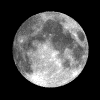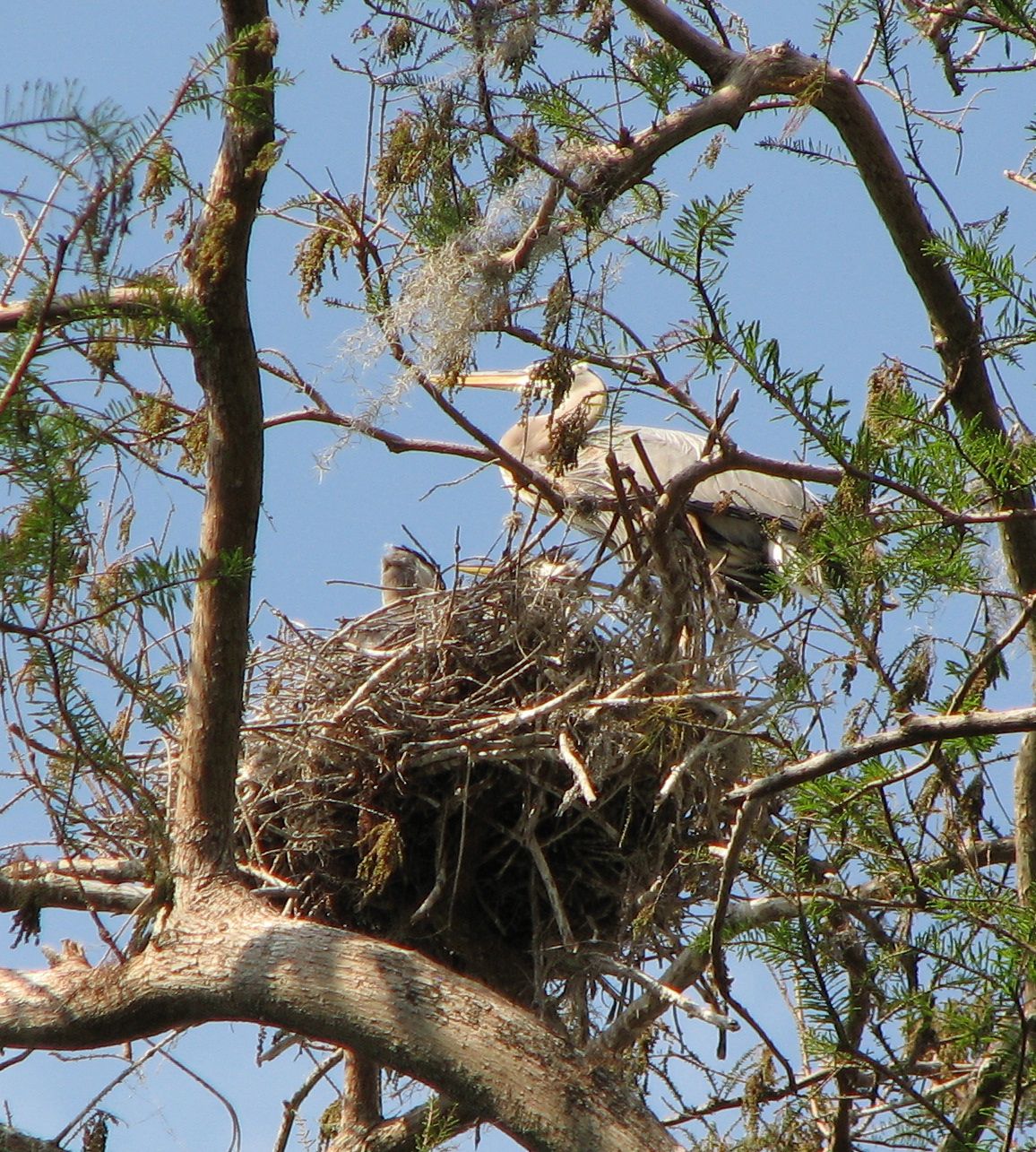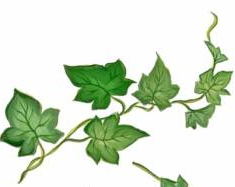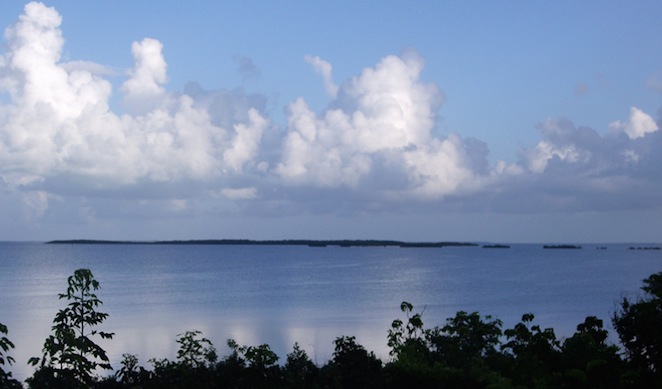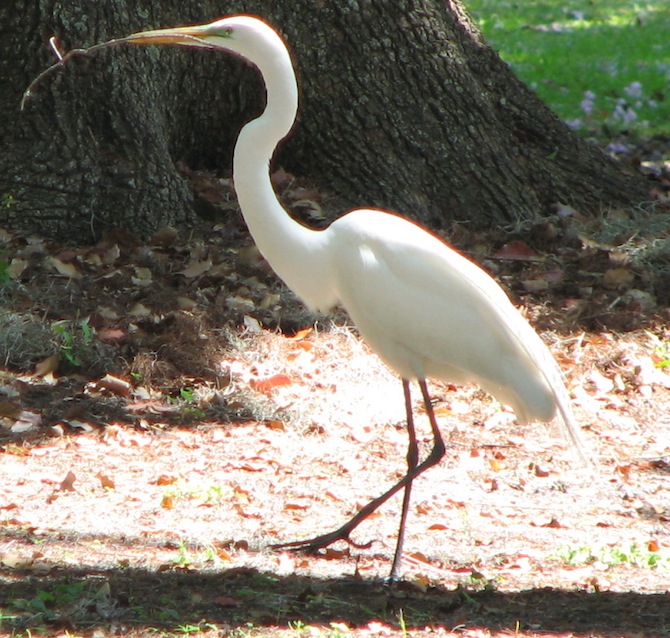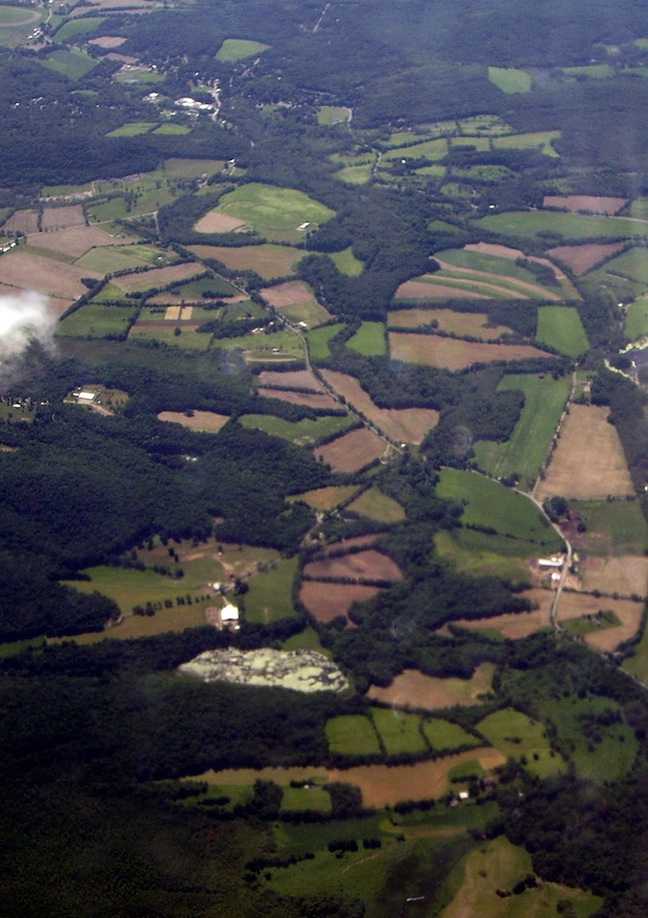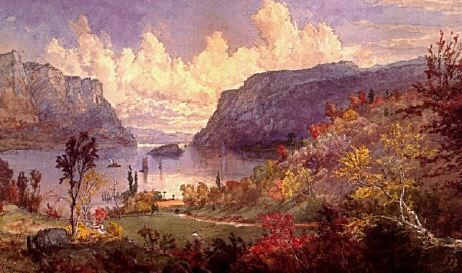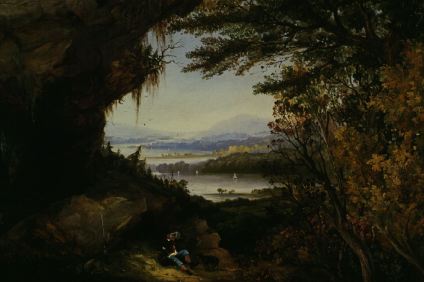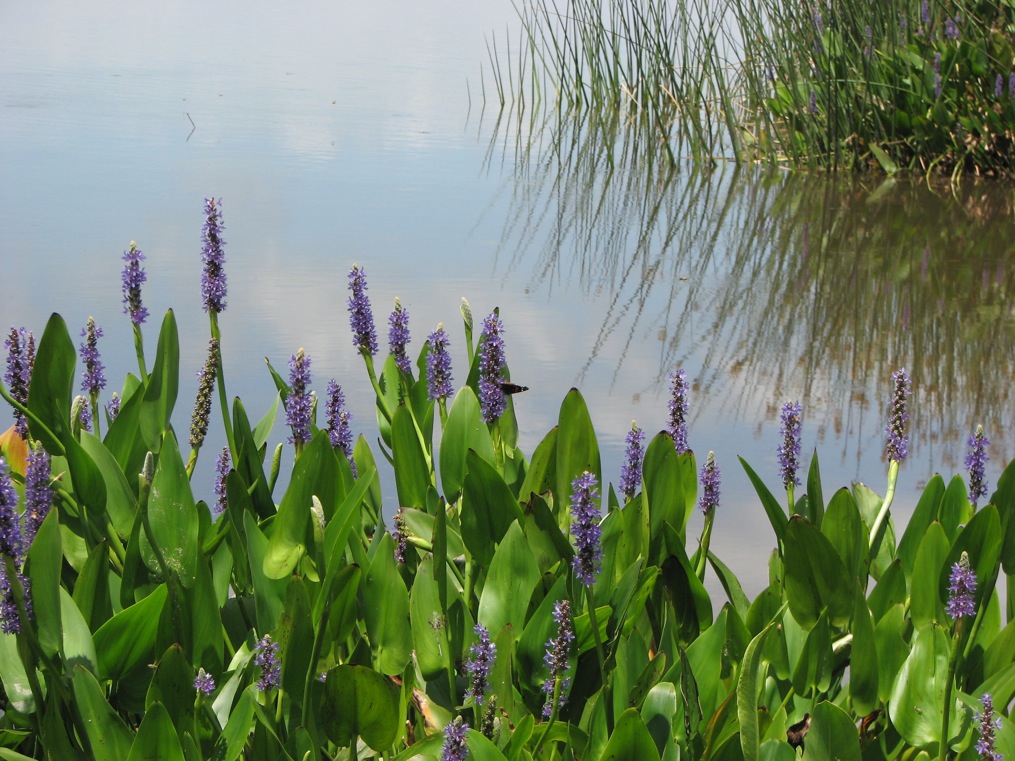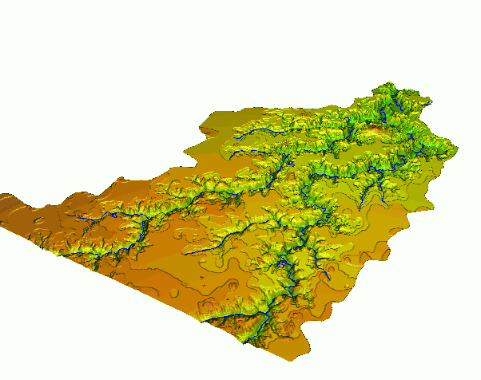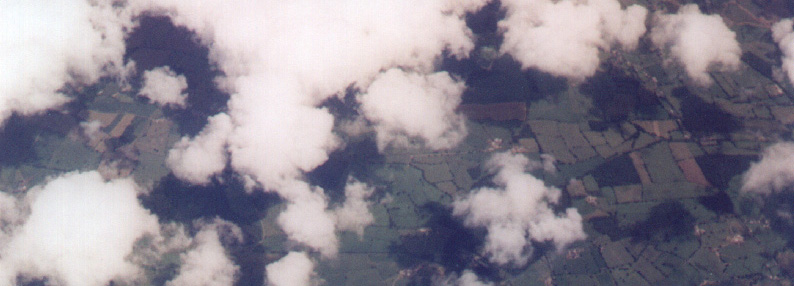

Access to site
The case, argument, comprehension and challenges of environmental literature, media and writing.
| Plume birds were once shot for the hat trade such as this Great Blue Heron on its nest, Lake Maitland, Florida. | ||
 Search: Search: |
||
Loading
|
||
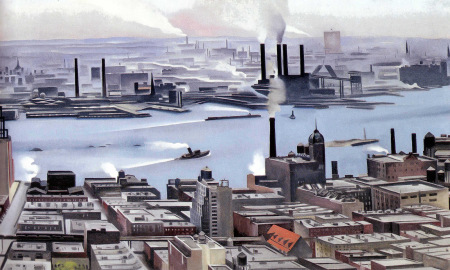
|
||
What do we value in our nation? |
||
| protect | use / consume | |
Ecology |
Economy |
|
White Noise |
The Great Gatsby |
|
Georgia O'Keeffe, East River New York; oil on canvas, 1928. |
||
J. V. Siry, Ph.D. |
||
Environmental Literature |
646-2648 |
|
Elizabeth Bishop | Washington Irving | emotions | attitudes | rhetoric | Karen Winkler | Hemingway | Faulkner | Oates | Tom Stoppard | Terry T. Williams | Stephen Forbes
A theme | A thesis statement | The differences
![]()
Fear underlay the upwellings of frantic concern in what used to be called 'conservation,' but was increasingly known in the 1960s and after as 'Environmentalism.' It was not the nagging, old fear of running out of resources and losing the competitive edge in international politics that had alarmed the generation of Theodore Roosevelt and Gifford Pinchot. Instead it was a dread of pollution due to unprecedented population growth driving a consumption of resources that was leading to organic and inorganic damage that threatened human health, food, timber, water, and fishery resources.
By the time the transition was over both endocrine disrupting chemicals and the increasing pace of global warming would prove the new level of anxiety as warranted. The instability these disruptions are bringing even troubled the military and insurance corporations.
![]()
Steps - Defining the field - Context - Steps to overcoming our attitudes
"Our bifurcated attitude toward nature is both spiritual and political, with the dominant trend in any era being a kind of barometer of cultural attitudes."
p. 1.
"Partly because of this, environmental discourse runs the spectrum from 'epistemological rhapsody' ( the spiritualized attempt to understand our place in the cosmic scheme) to 'political jeremiad' (the pragmatic attempt to persuade that the environment is doomed without immediate action.)
pp. 1-2.
Indeed in different historical periods, one or the other generic tendencies has been in ascendancy. As we might expect, in times when we are moved to glorify nature's grandeur, rhapsodic rhetoric predominates, while when we fear too much use and abuse, jeremiad comes to the fore."
p. 2.
T. Rosteck & T. F. Frentz, "Environmental Rhetoric." Quarterly Journal of Speech, 95:1, February, 2009, pp. 1-19.
Understanding the rhetoric is acquired in steps:
- Literacy is but the bedrock of learning about literature
- Imagination is a foundation for appreciating writing . . .
- A love of words and expression of emotions is the edifice . . .
Pointing to what precisely?
By combining rhetoric, narrative, and descriptive verity writers are conveying an urgent sense of paying heed to the less than fully articulate world we inhabit and commensally share with our fellow creatures in dynamic disequilibrium.
Report on three writer's works of your choice from: list due 10-14, based on Oates' criticism. Start here; due October 14, turn-it-in.
Elizabeth Bishop | Washington Irving | emotions | attitudes | rhetoric | Karen Winkler | Hemingway | Faulkner | Oates | Tom Stoppard | Terry T. Williams | Stephen Forbes
![]()
What then is the enclosure we seek to embrace as a literature of the natural world?
Environmental literature
Defining a field that few agree about concerning the focus and range of environmental writing.
- nature writing.
- descriptions of natural events, features, terrain, creatures, settings, or conditions.
- a well articulated setting whose characters contribute to a sense of place.
- reflective commentary on nature and the natural world.
- impressive discourse about the human condition.
"Very broadly, scholars say that it adds place to the categories of race, class, and gender used to analyze literature. For some, that means looking at how texts represent the physical world; for others, at how literature raises moral questions about human interactions with nature. Some critics are resurrecting forgotten texts of nature writing, bringing them into the classroom and scholarly discussion; others are using post-modern literary theory to analyze them."
rhetoric | poetry | narrative | prose | typological bias | typographical mind | media | imagery | literature
Elizabeth Bishop | Washington Irving | emotions | attitudes | rhetoric | Karen Winkler | Hemingway | Faulkner | Oates | Tom Stoppard | Terry T. Williams | Stephen Forbes
![]()
"Florida"
Elizabeth Bishop
The state with the prettiest name,
the state that floats in brackish water,
held together by mangrove roots
that bear while living oysters in clusters,
and when dead strew white swamps with skeletons,
dotted as if bombarded, with green hummocks
like ancient cannon-balls sprouting grass.
The state full of long S-shaped birds, blue and white,
and unseen hysterical birds who rush up the scale
every time in a tantrum.Florida Bay, Everglades.
Elizabeth Bishop | Washington Irving | emotions | attitudes | rhetoric | Karen Winkler | Tom Stoppard | Terry T. Williams | Stephen Forbes
Washington Irving
FOUND AMONG THE PAPERS OF THE LATE DIEDRICH KNICKERBOCKER.
A pleasing land of drowsy head it was,
Of dreams that wave before the half-shut eye;
And of gay castles in the clouds that pass,
Forever flushing round a summer sky.CASTLE OF INDOLENCE.
The Hudson River Valley, farms and landscape.
In the bosom of one of those spacious coves which indent the eastern shore of the Hudson, at that broad expansion of the river denominated by the ancient Dutch navigators the Tappan Zee, and where they always prudently shortened sail and implored the protection of St. Nicholas when they crossed, there lies a small market town or rural port, which by some is called Greensburgh, but which is more generally and properly known by the name of Tarry Town. This name was given, we are told, in former days, by the good housewives of the adjacent country, from the inveterate propensity of their husbands to linger about the village tavern on market days.
"Among the musical disciples who assembled, one evening in each week, to receive his instructions in psalmody, was Katrina Van Tassel, the daughter and only child of a substantial Dutch farmer.
"As the enraptured Ichabod fancied all this, and as he rolled his great green eyes over the fat meadow lands, the rich fields of wheat, of rye, of buckwheat, and Indian corn, and the orchards burdened with ruddy fruit, which surrounded the warm tenement of Van Tassel, his heart yearned after the damsel who was to inherit these domains, and his imagination expanded with the idea, how they might be readily turned into cash, and the money invested in immense tracts of wild land, and shingle palaces in the wilderness."
Elizabeth Bishop | Washington Irving | emotions | attitudes | rhetoric | Karen Winkler | Hemingway | Faulkner | Oates | Tom Stoppard | Terry T. Williams | Stephen Forbes
Rivas, riva, . . . river, riparian (riverside).
rival meaning originally from two opposite sides of a same river.
Is Sleepy Hollow a story of rivalry or a tale about an hysterical, supernatural haunting?
"He saw at a distance the lordly Hudson, far, far below him, moving on its silent but majestic course, with the reflection of a purple cloud, or the sail of a lagging bark, here and there sleeping on its glassy bosom, and at last losing itself in the blue highlands."-
-from "Rip van Winkle."
Jasper Francis Cropsey, Gates of the Hudson, Watercolor On Paper, 1891.
de Young, Legion of Honor Museum, San Francisco.Elizabeth Bishop | Washington Irving | emotions | attitudes | rhetoric | Karen Winkler | Hemingway | Faulkner | Oates |Tom Stoppard | Terry T. Williams | Stephen Forbes
by Stephen A. Forbes (1887)
The version reprinted below is from the original paper, delivered at a 25 February 1887 meeting of the Peoria Scientific Association. Original pagination indicated within double brackets.
Citation: Bull. of the Scientific Association (Peoria, IL), 1887: 77-87.
A lake is to the naturalist a chapter out of the history of a primeval time, for the conditions of life there are primitive,–the forms of life are, as a whole, relatively low and ancient, and the system of organic interactions by which they influence and control each other has remained substantially unchanged from a remote geological period.
The animals of such a body of water are, as a whole, remarkably isolated,--closely related among themselves in all their interests, but so far independent of the land about them that if every terrestrial animal were suddenly annihilated, it would doubtless be long before the general multitude of the inhabitants of the lake would feel the effects of this event in any important way. One finds in a single body of water a far more complete and independent equilibrium of organic life and activity than on any equal body of land. It is an islet of older, lower life in the midst of the higher more recent life of the surrounding region. It forms a little world within itself,--a microcosm within which all the elemental forces are at work and the play of life goes on in full, but on so small a scale as to bring it easily within the mental grasp.
Nowhere can one see more clearly illustrated what may be called the sensibility of such an organic complex,--expressed by the fact that whatever affects any species belonging to it, must speedily have its influence of some sort upon the whole assemblage. He will thus be made to see the impossibility of studying any form completely, out of relation to the other forms,--the necessity for taking a comprehensive survey of the whole as a condition to a satisfactory understanding of any part. If one wishes to become acquainted with the black bass, for example, he will learn but little if he limits himself to that species. He must evidently study also the species upon which it depends for its existence, and the various conditions upon which these depend. He must likewise study the species with which it comes in competition, and the entire system of conditions affecting their prosperity, and by the time he has studied all these sufficiently he will find that he has run through the whole complicated mechanism of the aquatic life of the locality, both animal and vegetable, of which his species forms but a single element.
p. 77.
An explanation
• the division of something into two opposing, opposite or contrasting aspects to draw attention to or distinguish clearly one from another.
defense of seeing the other side
A paradox is sensible pair of parallel or comparable soundly rational statements that apparently lead inevitably to a contradiction, that is nonetheless possibly accurate.
Elizabeth Bishop | Washington Irving | emotions | attitudes | rhetoric | Karen Winkler | Tom Stoppard | Terry T. Williams | Hemingway | Faulkner | Oates | Stephen Forbes
rhetoric | poetry | narrative | prose | typological bias | typographical mind | media | imagery | literature
Steps - Defining the field - Context - Steps to overcoming our attitudes
See Leo Marx, for an exposition of "Et in Arcadia Ego" idea (Machine in the Garden).
Orson Wells Reading Lincoln
Orson Wells Reading John Brown
Readings
